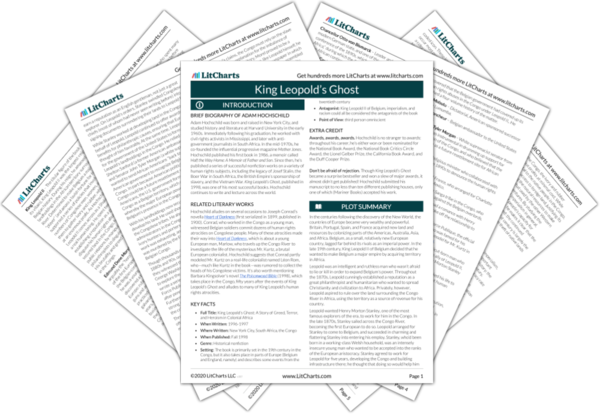For a long time, Europe lacked the technology to explore the inner parts of Africa, so Portuguese colonialists and their successors restricted their movements to the coastal areas of the continent. To Europeans, then, the mystery of the interior of Africa coupled with their imaginary ideas about the strange, exotic, and even dangerous (cannibalistic) Africans, led them to coin the phrase “the Dark Continent.” Clearly, this phrase has everything to do with European ignorance and mythology about Africa, and nothing to do with the African experience of Africa.
